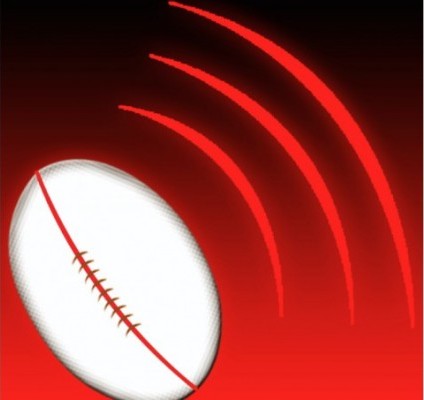What's Up With These Regional Cup Tournaments?
What's Up With These Regional Cup Tournaments?
So here's a relatively unscientific analysis of Regional Cup Tournament popularity.
In 2016, as in 2019, there were five official Regional Cup Tournaments—aka High School Select Side tournaments.
That year, 49 Boys Varsity teams and 45 Boys JV teams participated. There were 26 Girls Varsity teams and 13 JV teams. At the time, I wrote that the low number of girls JV teams was a direct result of a USA Rugby rule that prevented young players from playing up in the varsity level, and older players who might not be especially experienced or who needed some developing from playing on JV.
But it's not going away.
This year, the five tournaments featured, by our count, 40 Boys Varsity, 33 Boys JV, 18 Girls Varsity, and nine Girls JV teams. No tournament had more than three Girls JV teams in it. There were other tournaments held in New Jersey and Tennessee and Indiana that aren't USA Rugby official events, and that's part of the discussion. But it's clear that participation in the official RCTs is dropping.
The Rocky Mountain Challenge was still fairly wel attended, but was down, and the Great NW Challenge was still solid. But others were having trouble.
Why? Several reasons:
1. USA Rugby, under Kurt Weaver's Youth & HS leadership, instituted rules regarding how much you can charge for entry, and how you organize the tournament, that made it difficult to make RCTs successful in some regions. It's really not a moneymaking venture, although it could be, maybe. But you can't have it be a money-losing venture. And for some regions, limiting the entry fee just doesn't work when the fields cost so much.
1b. The Varsity-JV rules don't help girl participation. As we said, there are 18-year-old girls who are decent leaders and solid rugby players but are better suited to lead a JV team than play ten minutes on a varsity team. Similarly, there are freshmen girls who are good enough to dominate an all-star game. This should be taken into account, and you'd see more teams.
2. Players are burned out. This is possible as we hit them up for 15s single-school, 15s club, playoffs, select-side tryouts, sevens tournaments in Las Vegas and Florida, and then this all-star stuff. At some point we're asking too much.
3. The growth of independent academy teams and other select sides drew players away from State-Based Organization teams. Then several of those independent teams went away, leaving players wondering what to do next. Their conclusion "this bites, maybe I'll do something else."
In addition, SBOs are moving away from select-side play. Many SBOs started as a way to produce a touring select side. But when you start employing an SBO director, and that employed person sees tens of thousands of dollars leaving the organization for a select side, they start to wonder whether that's what they should be doing.
4. Growth of the game has slowed. High school teams are not necessarily getting bigger, and there aren't, necessarily, more players. This is especially true for girls, as rugby was a little bit trendy for a while and has dropped off.
5. The growth of varsity rugby in high school and college has actually hindered all-star play. Some schools frown on players playing extra, and we have to say they might have a point. In addition, kids who have secured scholarships to play in college might be understandably reluctant to risk injury while playing for a select side.
6. Eagle Impact Rugby Academy, which we're supportive of, and the HS All Americans (ditto), are drawing players away for overseas tours.
7. Some of the RCTs are bad. They are either badly run or they just move around so much you never know what you're going to get.
Solutions? Reduce the number of RCTs to three. Put them in specific places in the country on one specific date, and leave them there. Let other groups hold little all-star events and let them organize them the way they want to. Heck, let the official RCTs orgamize them the way they want to.
And ... we saw one two Major League Rugby academy teams this year (Houston SaberCats Academy and Nike Legion Selects of San Diego), expect to see more, and you might actually see growth.












